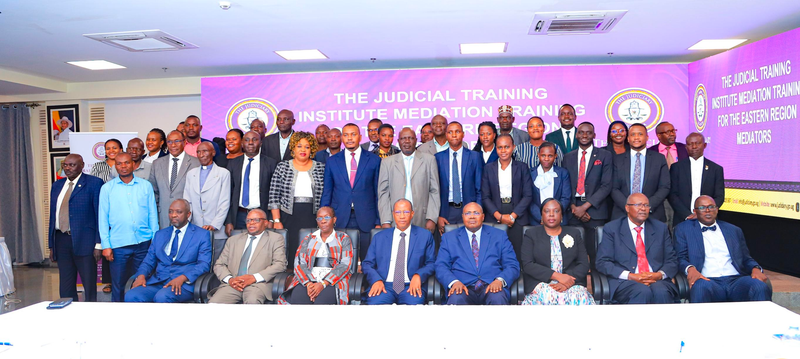
Deputy Chief Justice Dr. Flavian Zeija has called upon court-accredited mediators to commit themselves to promoting peace, justice, and reconciliation as a means to enhance access to justice across Uganda.
Speaking through Judicial Training Institute Executive Director, Justice Andrew Khaukha, at the opening of a mediation training for court mediators from Eastern Uganda, Justice Zeija highlighted the vital role mediation plays in the justice system. The training, held at the Judiciary headquarters, was organised by the Judicial Training Institute.
“Mediation is not only a process of resolving disputes; it is a philosophy of peace and understanding. It invites us to listen more, judge less, and seek solutions that heal rather than divide,” read Justice Zeija’s speech.
He emphasized that mediation not only helps ease pressure on the judiciary and reduces the case backlog, but also fosters reconciliation between disputing parties. According to the Judiciary’s 2023 Annual Performance Report, more than 200,000 cases remain pending before the courts.
The ongoing training is part of the Judiciary’s broader strategy to institutionalise Alternative Dispute Resolution (ADR) mechanisms, in line with the Judicature (Mediation) Rules of 2013. Mediation, as one of these ADR mechanisms, is being promoted as a key solution to the case backlog that continues to strain Uganda’s court system.
The five-day training aims to enhance the skills of mediators in managing conflicts, identifying parties’ interests, and reaching resolutions that encourage long-term peace in communities.
Among the participants are Lady Justice Joanita Gertrude Bushara, Resident Judge of the Jinja High Court; Lady Justice Dr. Winfred Nabisinde, Resident Judge at the Lugazi High Court Circuit; and Justice David Batema, Resident Judge of the Iganga High Court Circuit. Also attending are Judicial Officers from the Lower Bench, Labour Officers from the Ministry of Gender, Labour and Social Development, and students from the Law Development Centre (LDC).
Dr. Zeija noted the significant progress mediation has made in ensuring timely and cost-effective justice. He cited that 6,803 cases were successfully resolved through mediation during the last judicial year alone.
“Some of you here facilitated that process, and I thank you,” he said, applauding the mediators for advancing a justice model that is less adversarial and more collaborative. He also stressed the importance of upholding high standards: mediators, he said, must be “competent, ethical, and impartial.”
“As court-accredited mediators, you are an extension of the Judiciary’s mission to deliver justice for all, justice that is timely, affordable, and people-centred,” he remarked.
Justice Zeija also acknowledged the role of the Judicial Training Institute and its facilitators in leading initiatives that build the Judiciary’s capacity and align with its vision of a responsive and citizen-focused justice system. He urged participants to reflect on their practice and share experiences that can help improve justice delivery through mediation in Uganda.


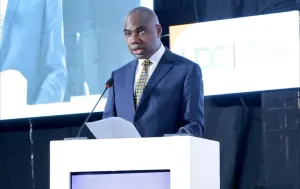
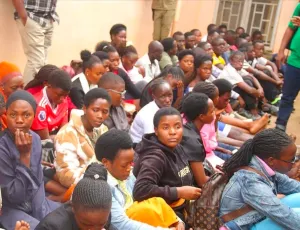
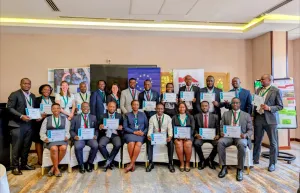
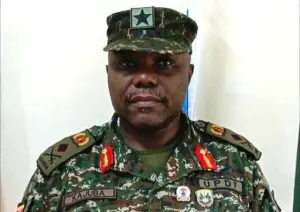





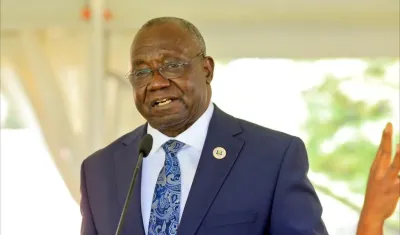
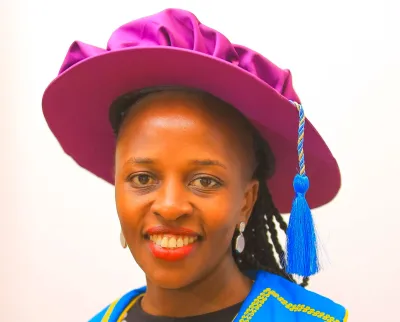
Sunrise reporter
Leave a Comment
Your email address will not be published.